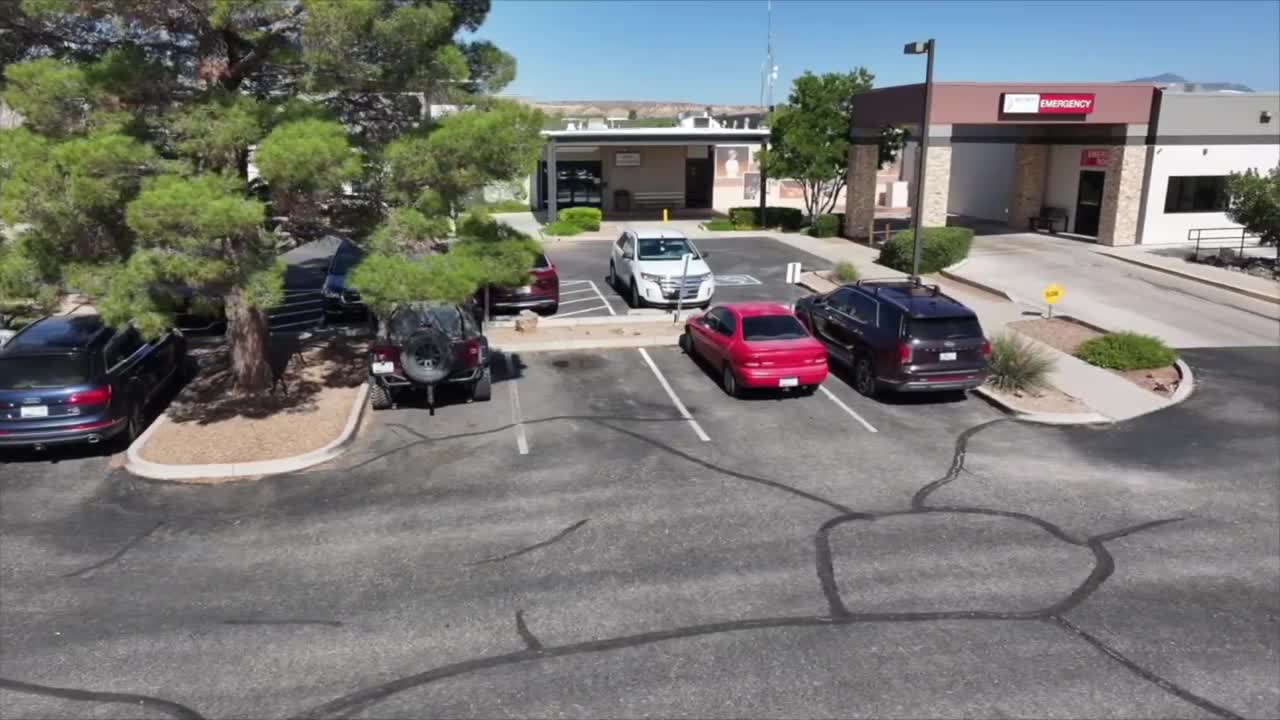PHOENIX — Applications for the Rural Health Transformation Program opened Tuesday, but healthcare advocates in Arizona have concerns and questions about how the $50 billion federal investment will be distributed.
"We're asking every governor, including yours in Arizona, to make sure that the top people are in there writing the best ideas possible to fix rural health care,” said Dr. Mehmet Oz, the Administrator for Centers for Medicare & Medicaid Services (CMS).
While the first $25 billion will be distributed equally among approved states, the second half is up to the discretion of CMS.
"How can you expand the workforce? How do you get young people to become nurses or get positions to stay in town? How do you get big centers to work with small centers so you realign incentives? Is there a way for us to right-size the healthcare system so that hospitals can thrive and be able to support their communities, not barely holding on?” Dr. Oz explained when asked what specific criteria CMS will use to approve or deny states requesting federal dollars.
Helena Whitney, senior vice president of the Arizona Hospital and Healthcare Association, is working closely with healthcare providers across the state, as well as the Governor’s office, to put together a plan for Arizona.
"We're currently collecting information from every provider type that's eligible for funding. So for example, I recently hosted some focus groups with our rural hospitals. We've had focus groups with behavioral health providers, federally qualified health centers,” Whitney told ABC15. "This week, we're doing doctors and nurses, so we'll be gathering all of that data and providing it to the governor's office so that they can really build out a plan that's going to work for Arizona.”
Whitney said investing in housing to attract and retain healthcare workers, as well as providing access to a robust electronic medical record, would make a huge difference.
“Housing is such a critical component of actually being able to have a clinical workforce available. In fact, one of our hospitals up in White Mountain talked about how they had to build apartments in order to be able to get contracts with traveling clinicians that they could afford,” Whitney said. "So hopefully, we can maybe use some of these dollars to do things like invest in housing.”

Do you have a concern in your community or a news tip? We want to hear from you!
Connect with us: share@abc15.com
But she has some concerns, specifically, whether a state’s rural population size will be taken into account and how much money could potentially go to big tech instead of the rural healthcare system.
“I think technology has a place, and it has definitely helped improve things over time, but it's not going to solve problems in communities that don't even have broadband Internet access,” Whitney said. “So, I'm a little leery of that. I'm also a little bit concerned that there's no guarantee that states like Arizona, that are so huge geographically, are going to get a fair share of these dollars.”
But Dr. Oz said “it definitely matters” when it comes to a state’s rural population. “We want governors to be thoughtful about how different their states are from other states,” he said.
Dr. Oz added that he doesn't "want the money going to big tech companies unless it's absolutely essential.” Instead, he would like to see bigger hospitals “share some of their back-end technology with smaller hospitals in rural parts of the state, so they can save money and develop relationships.”
While Whitney acknowledged the $50 billion program is a “meaningful investment,” it comes at a time when the federal government is also "making the largest cuts to health care funding that we've seen in the United States,” and the cuts will “disproportionately impact the rural areas of Arizona.”
According to estimates, rural areas are expected to lose roughly $137 billion from Medicaid cuts over the next ten years.
“Let me emphasize, the reason that those numbers get generated, the ones you shared, and others that I've heard, is because we're taking the health care system that was working fairly well until COVID and which, over the last five years, since the changes that were made during the emergency, the public health emergency, there's been a 50% increase in expenditures for Medicaid. It's not sustainable,” Dr. Oz said.
The CMS administrator said he believes that $137 billion figure is “fictitious,” pointing to what he said is “tens of billions of dollars of fraud that hit the system from people pretending they were on Medicaid.”
The deadline for states to apply is November 5th, with the funds being awarded at the end of the year.





